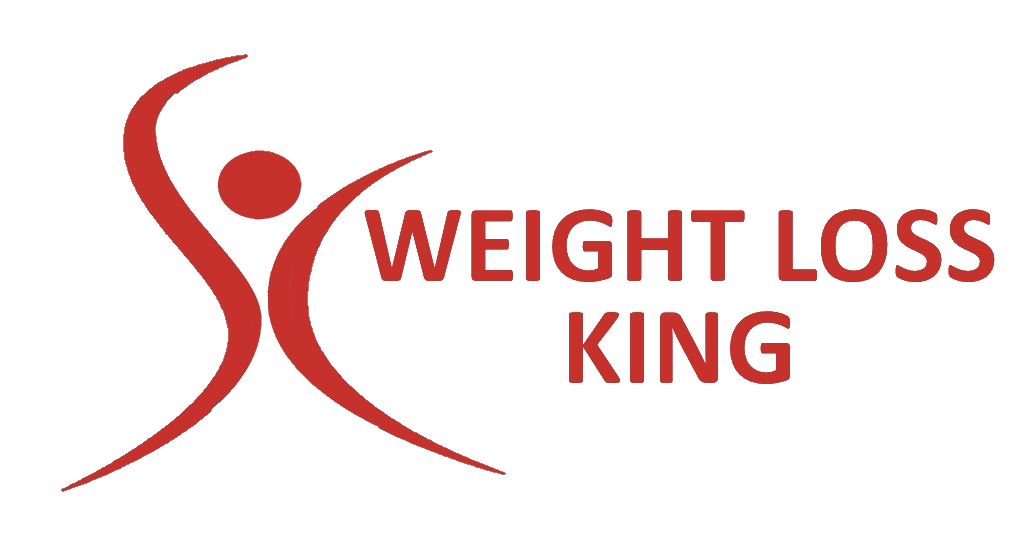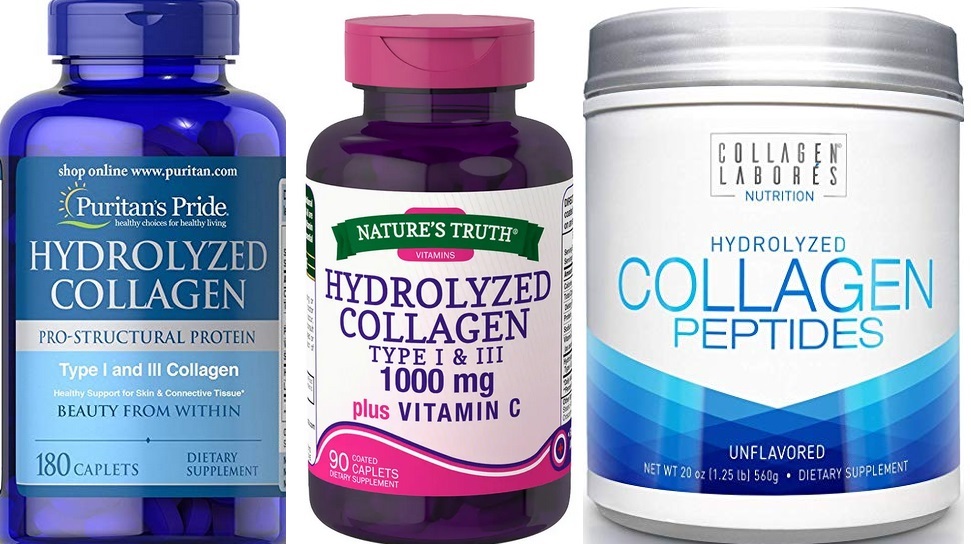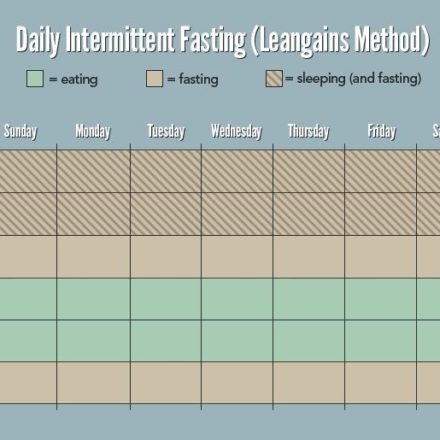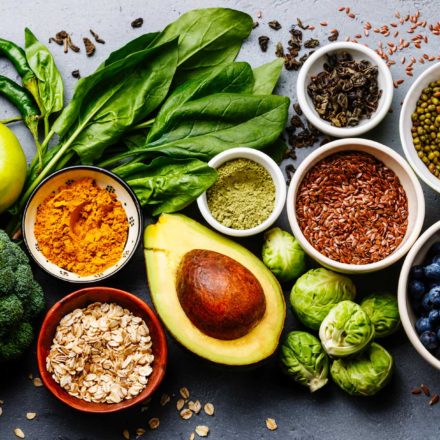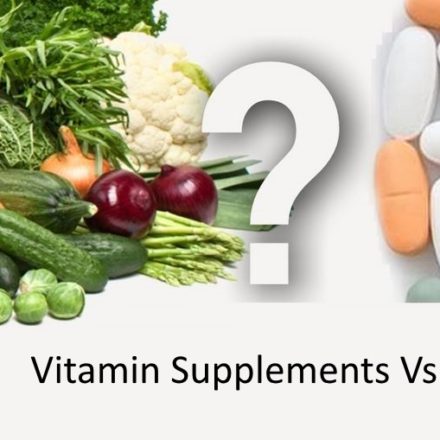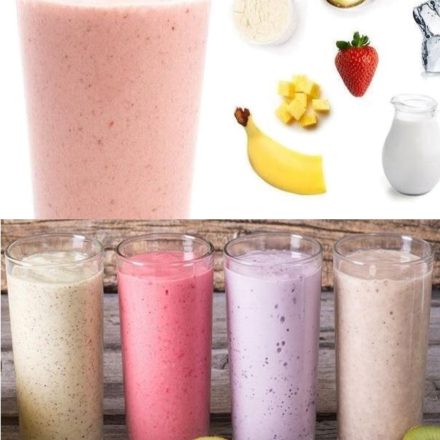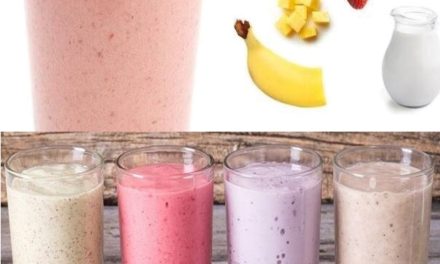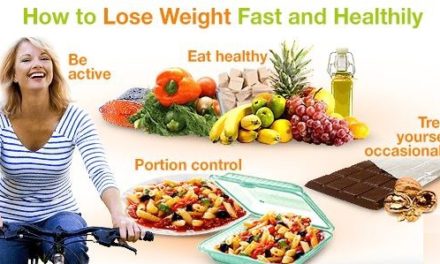I’m sure you’ve heard a lot about hydrolyzed collagen lately, but it can happen that you don’t know very well what exactly hydrolyzed collagen means. Today our new article on Foods with Collagen will try to clarify all those doubts that may arise as what hydrolyzed collagen is for, when to take hydrolyzed collagen or if there are foods with hydrolyzed collagen. Don’t miss it!
What is Hydrolyzed Collagen?
Before we go on to explain what hydrolyzed collagen is, we must first explain what collagen is. Collagen is the most abundant protein in the humanbody and one of the most important that forms collagen fibers. These collagen fibers are part of the skin, bones, tendons and other tissues of the body, both in humans and animals. There are many different types of collagen, although I-c to V and XI types are the most common. For example, Type I collagen makes up 90% of the body’s total collagen in mammals and is the most abundant of all. It is found especially in tendons, ligaments, dermis or lax connective tissue, with functions as important as offering resistance to tensile forces while allowing flexibility. This is due to its shape with stretch marks, which joins forming a series of chains between them and that will allow that resistance and flexibility.
Hydrolyzed collagen is obtained from the enzymatic hydrolysis of Type I collagen and acquires the appearance of a soluble, odorless white powder. It is therefore a chemically realized variation of collagen that has a number of specific properties. Being a chemical process, there are no foods with hydrolyzed collagen, there are only those that have normal collagen or that help the manufacture of collagen.
What is hydrolyzed collagen for?
Once we explain what hydrolyzed collagen is, we go on to list some of its important benefits for your body, such as:
- Helps to improve the appearance of the skin, giving it shine, luminosity, softness and youth.
- Helps to speed up wound healing processes.
- Decreases the harmful effects of bone diseases such as arthritis or osteoarthritis.
- Helps in the repair of cartilage.
- Gives greater resistance and strength to the bones, joints, hair and nails, favoring the growth of the last two.
- Allows better recovery after physical exercise.
- In addition, it favors weight loss.
- Protects the cardiovascular system. It maintains blood pressure or the temperature of our body and facilitates the emission of nerve impulses.
Does collagen work for weight loss?
There are many myths around collagen and one of the strength that charges the most is that collagen can help you lose weight. Although there are many people who claim that after starting to take collagen daily, there are no studies that scientifically demonstrate this claim.
In part that it can have a weight loss effect, it may be due to what collagen can have a satiating effect on the body, especially if you consume collagen powder that you have that some type of liquid, and that’s why you eat meno food and that therefore eats meno food and that therefore , over time you reduce your weight. Therefore collagen helps to lose weight can be a consequence in many cases, but it is not something that will happen in all cases and that can be claimed scientifically.
The benefits of collagen in your body
But even if collagen isn’t scientifically proven to help you lose weight, it still has a lot of beneficial properties that are worth taking in your day-to-day life.
Among the multiple benefits of collagen are:
- Helps to improve the appearance of the skin, giving it shine, luminosity, softness and youth.
- Helps to speed up wound healing processes.
- Decreases the harmful effects of bone diseases such as arthritis or osteoarthritis.
- Helps in the repair of cartilage.
- Gives greater resistance and strength to the bones, joints, hair and nails, favoring the growth of the last two.
- Allows better recovery after physical exercise.
Remember that you can have collagen with the intake of some foods with collagen and some foods rich in collagen. In particular they are those who will be rich in protein such as eggs, dairy, meat or nuts.
But there are also other natural methods to achieve appropriate levels of collagen in the body, apart from the intake of certain collagen-rich foods.
Which foods contain collagen
Finding out which foods have collagen was a challenge for the scientific world, but following certain guidelines, they agreed and found that from 25-30 years old, about 1.5% of collagen is started to lose annually.
Because of this, having a good diet, rich in products that help the production of this protein, because, this will make us feel healthier and healthier, in every way.
Which fruits contain collagen
As we mentioned above, taking collagen only depends on ourselves, so we encourage you to ingest collagen in food, which is in the most natural way that you can do it and therefore the healthiest.
We can acquire it, in turn, in several ways, such as by vitamin C. Contained in:
Citrus fruits such as grapefruits, oranges, strawberries, potatoes or red peppers.
Also, in manganese we also find it, in foods such as pineapple, nuts, vegetables and algae.
Fruits, source of vitamin C
Fruits rich in vitamin C such as orange, kiwi, berries or tomato favor collagen production by our body.
Other fruits we insist you take are lemons, blackberries, currants, plums, purple grapes, figs, blackberries, papayas or tomato.
Here we have left you a long list of foods that you can eat, now you only have to take note of all and try them.
What is NOT beneficial for collagen
There are only a few habits that are not healthy for collagen, here are them listed below. The not recommended examples if you want to keep your collagen at high levels are:
- Lots of sugar intake: this helps sugar along with proteins make the process known as glycation, that is, binding sugar and proteins to generate new molecules affecting collagen and increasing skin aging.
- Tobacco: as for everything, smoking affects negatively. In this case, tobacco causes smoke and nicotine substances to damage collagen and skin elasticity. Recent scientific studies have also shown that the negative effect of tobacco also affects the negative effect of tobacco in the blood vessels of the outer layers of the skin.
- The sun’s rays: We all know that ultraviolet rays are very bad for the skin, because they can cause various types of cancer. Because of this, unprotected sun exposure can affect elastin, which would damage collagen production.
- Now that you know all about collagen and where you can find it, encourage yourself and take some collagen every day. If you want any type of product in Internacionalfarma we can offer it, and is that, in our online store we have any items that you are looking for in this field. generate new molecules affecting collagen and increasing skin aging.
- Tobacco: as for everything, smoking affects negatively. In this case, tobacco causes smoke and nicotine substances to damage collagen and skin elasticity. Recent scientific studies have also shown that the negative effect of tobacco also affects the negative effect of tobacco in the blood vessels of the outer layers of the skin.
- The sun’s rays: We all know that ultraviolet rays are very bad for the skin, because they can cause various types of cancer. Because of this, unprotected sun exposure can affect elastin, which would damage collagen production.
- Now that you know all about collagen and where you can find it, encourage yourself and take some collagen every day. If you want any type of product in Internacionalfarma we can offer it, and is that, in our online store we have any items that you are looking for in this field.
If you take collagen you will notice its benefits in a very short time, and then you will discover how important this protein is to our skin, bones, joints or muscles.
 NL
NL FR
FR DE
DE EN
EN